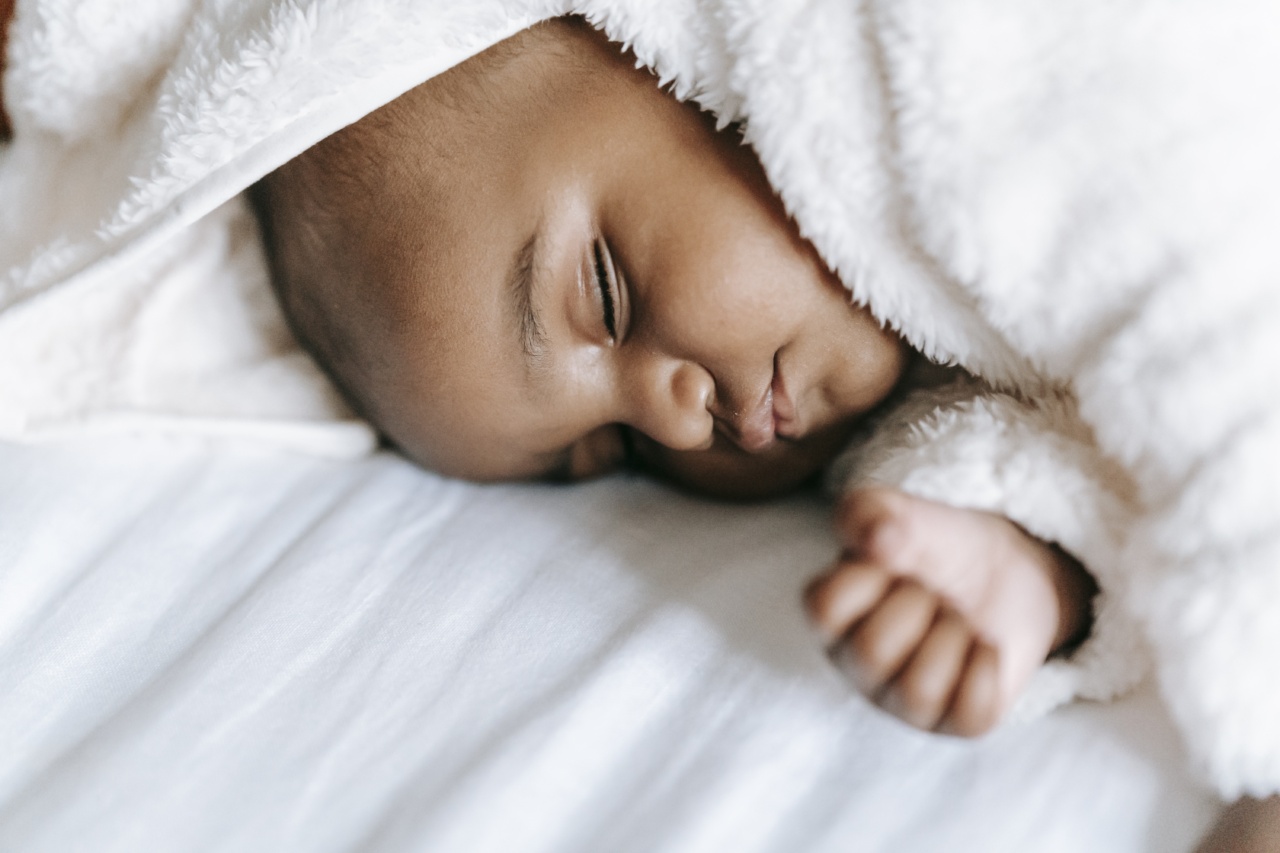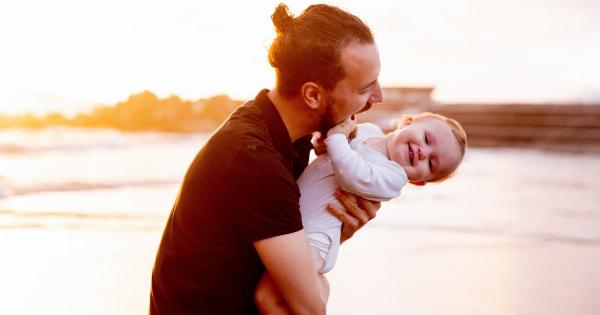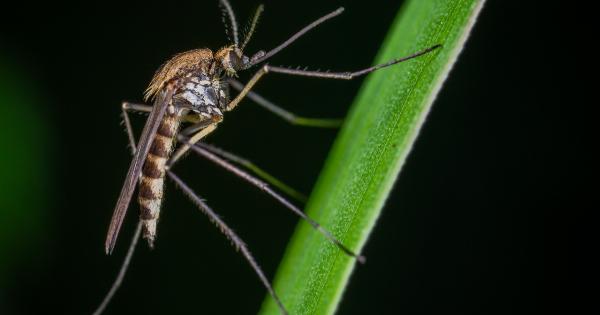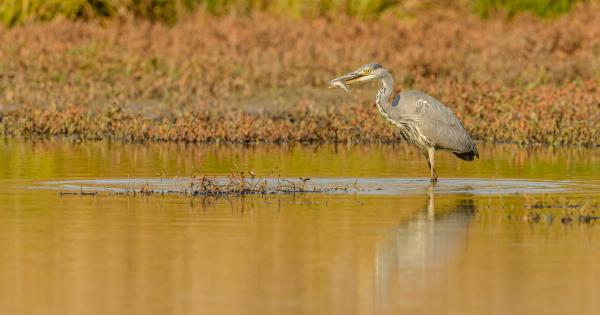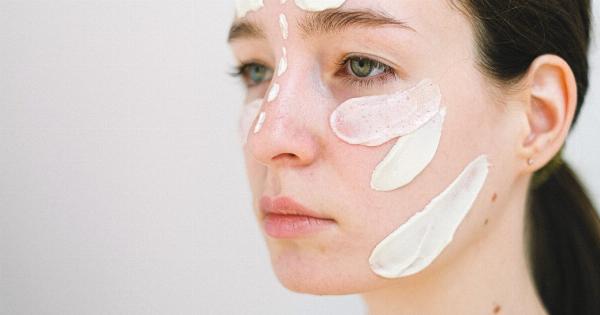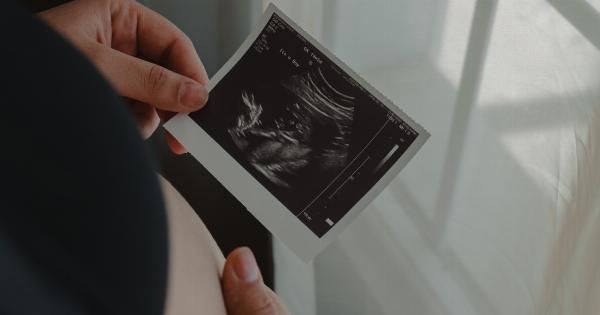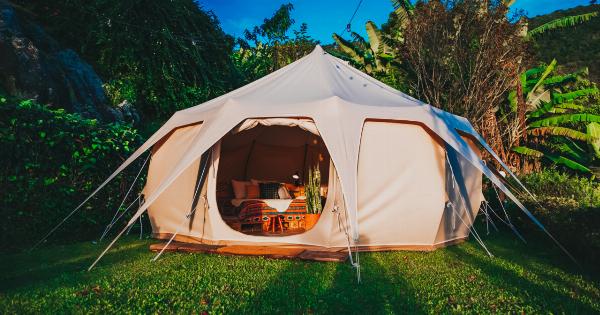As a parent, ensuring the safety and well-being of your baby is always a top priority. One particular concern is protecting your little one from mosquitoes, which can not only cause discomfort but also pose a risk of transmitting serious diseases.
Mosquitoes are known carriers of diseases such as malaria, dengue fever, Zika virus, and West Nile virus.
Understanding the Risks
Babies are more susceptible to mosquito bites and the diseases they carry due to their delicate immune systems. Mosquitoes are attracted to the carbon dioxide and body heat that humans emit, making babies an easy target.
Additionally, their immature immune systems may not be able to effectively fight off any infections transmitted by mosquitoes.
Safe and Natural Methods to Protect Your Baby
Fortunately, there are various safe and natural methods you can employ to shield your baby from mosquitoes. By following these precautions, you can reduce the chances of your baby getting bitten and minimize the risk of mosquito-borne diseases.
1. Dress Your Baby Appropriately
One of the simplest ways to protect your baby from mosquito bites is by dressing them in appropriate clothing. Opt for lightweight, loose-fitting garments that cover their arms and legs.
Mosquitoes can bite through tight clothing, so loose-fitting outfits serve as an extra barrier of protection.
2. Avoid Peak Mosquito Activity
Mosquitoes are most active during dawn and dusk, so try to keep your baby indoors during these times. If you need to venture outside, consider using a mosquito net or canopy over their stroller or carrier.
This physical barrier can prevent mosquitoes from reaching your baby.
3. Keep the Environment Mosquito-Free
Eliminate stagnant water sources around your home, such as birdbaths or pots, as these provide breeding grounds for mosquitoes. Use mosquito screens on windows and doors to prevent these insects from entering your living spaces.
Mosquito repellent plants, such as citronella and lavender, can also help keep mosquitoes at bay.
4. Utilize Safe Mosquito Repellents
When your baby is over two months old, you can use mosquito repellents that are specifically formulated for infants.
Choose products that contain DEET (N,N-Diethyl-meta-toluamide) or picaridin as active ingredients, as these have been found to be safe and effective. Always follow the instructions provided by the manufacturer while applying repellents, and avoid using them on your baby’s hands, mouth, or eyes.
5. Create a Mosquito-Free Sleeping Environment
Ensure that your baby’s sleeping area is mosquito-free. Use a tightly fitted mosquito net over their crib or bassinet to create a protective barrier while they sleep.
Mosquito nets should be free from holes or tears to prevent mosquitoes from entering.
6. Natural Repellent Alternatives
If you prefer natural alternatives, there are a few options available. Essential oils such as citronella, lemongrass, and eucalyptus can act as natural mosquito repellents.
However, it’s important to note that essential oils should be used with caution, especially around infants. Always dilute them properly and consult with a pediatrician before use.
7. Use Mosquito-Proofing Devices
Mosquito-proofing devices, such as plug-in repellents or mosquito traps, are another option to consider. These devices release either repellent substances or attract and trap mosquitoes.
However, ensure that the products you choose are safe for use around babies.
8. Implement Regular Check-ups
Monitor and take your baby for regular check-ups to ensure their overall health. The symptoms of mosquito-borne diseases can sometimes be difficult to detect, especially in infants.
By staying in touch with your pediatrician, any potential issues can be identified and addressed promptly.
9. Travel Precautions
If you are planning to travel to areas with a higher risk of mosquito-borne diseases, take extra precautions to protect your baby.
Research the destination beforehand, seek advice from healthcare professionals, and consider using mosquito nets and appropriate repellents. Stay updated on any travel advisories regarding mosquito-borne diseases.
10. Educate Yourself and Others
Stay informed about mosquito-borne diseases and educate yourself about prevention methods. Share this knowledge with other parents and caregivers to ensure the safety of all babies in your community.
Together, we can create a mosquito-free environment for our little ones.
Conclusion
Mosquitoes can pose a threat to your baby’s health, but by implementing the above measures, you can minimize the risks.
Dressing your baby appropriately, avoiding peak mosquito activity, maintaining a mosquito-free environment, using safe repellents, and creating mosquito-free sleeping spaces are all effective ways to protect your little one. Natural alternatives and mosquito-proofing devices can also be utilized. Regular check-ups, travel precautions, and educating yourself and others further contribute to shielding your baby from mosquitoes.
By taking these precautions, you can enjoy peace of mind knowing that you are doing your best to safeguard your baby from mosquito-borne diseases.
